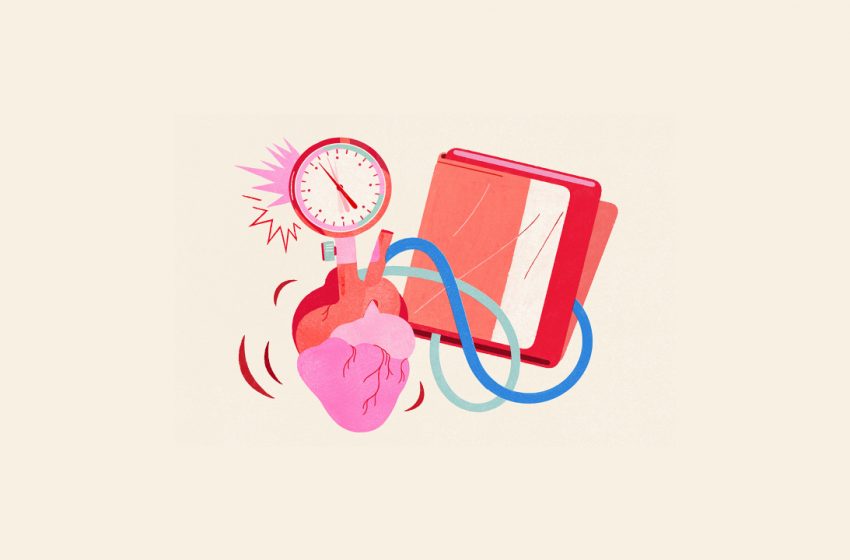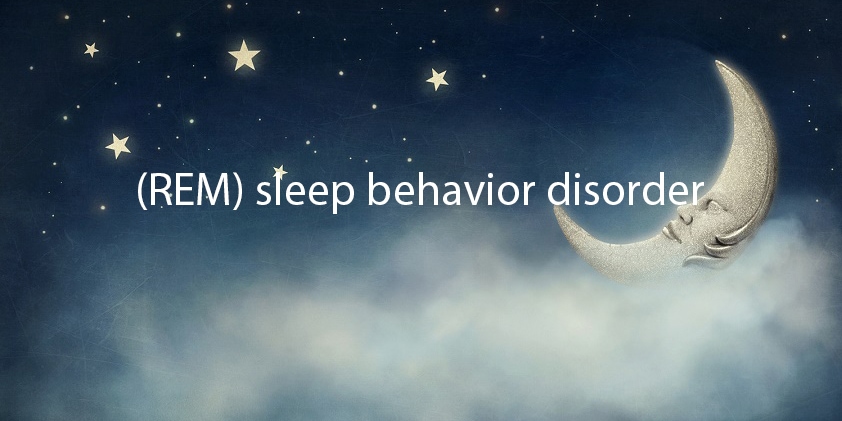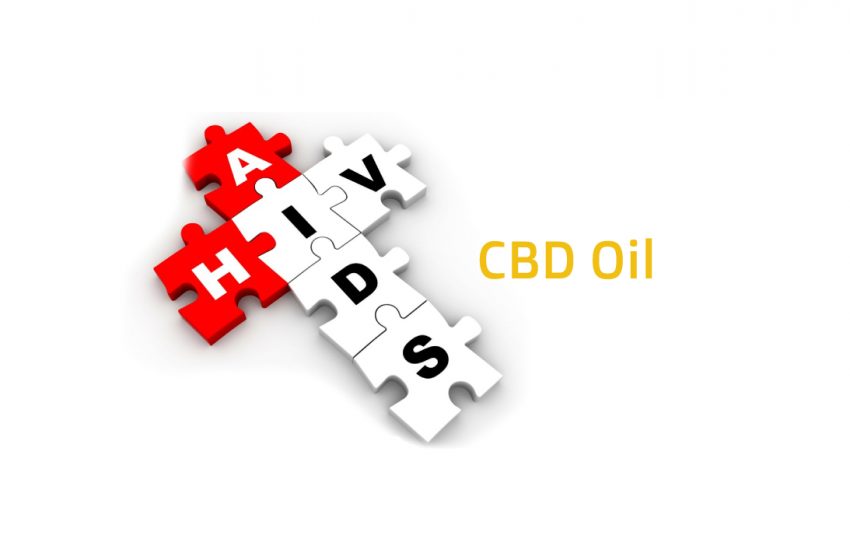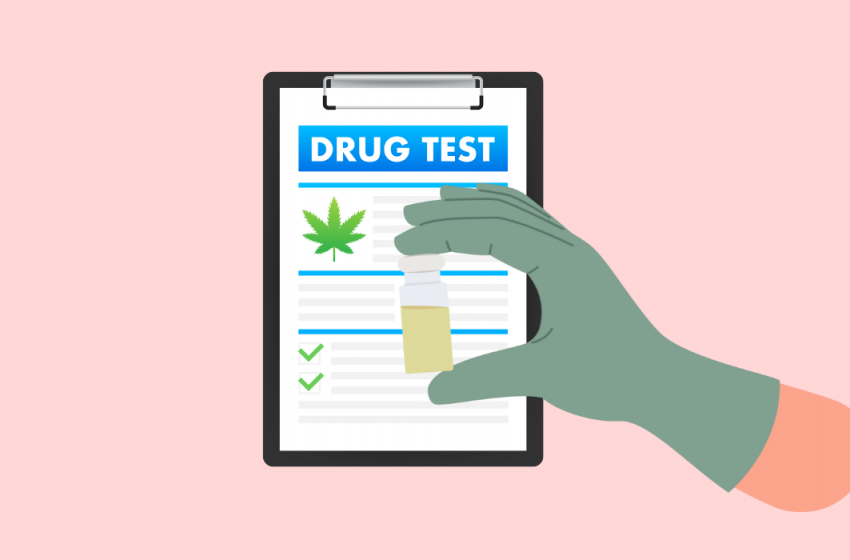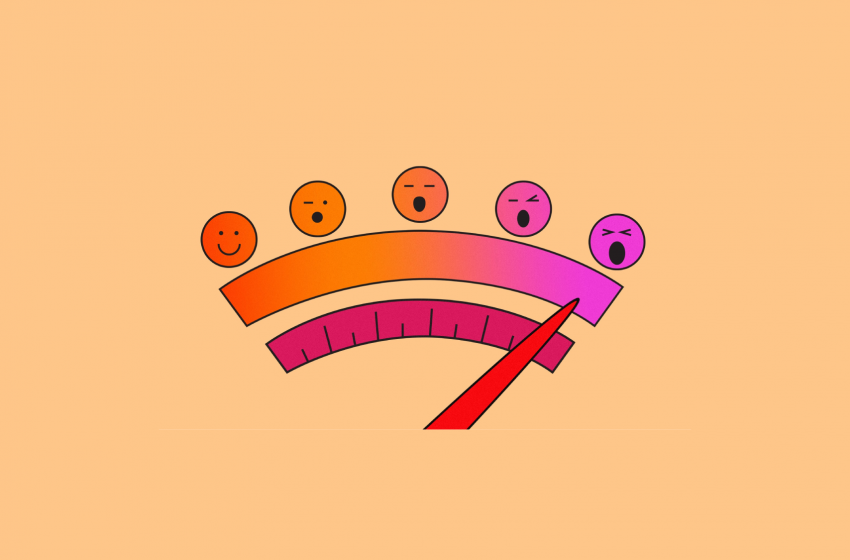CBD For Pollen Allergies
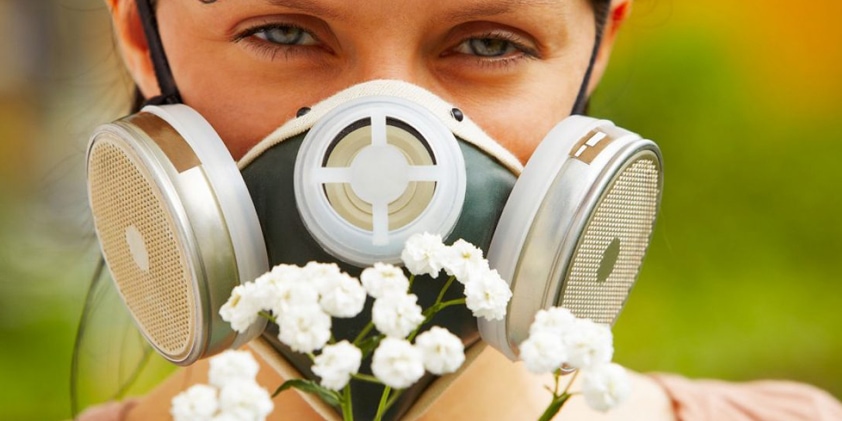
Around 8 percent of all Americans deal with pollen allergies, the bodily reaction to external stimuli (in this case, pollen). Reactions include coughing, congestion, itchy eyes, and runny nose. Medication and reduced exposure are the usual treatments for this disease.
CBD may help by interacting with the body’s endocannabinoid system, maintaining homeostasis. Studies have also shown CBD reducing inflammation.
According to the Center for Disease Control, around 8 percent of all Americans under the age of 18 deal with hay fever, another name for pollen allergies, every year. These percentages stay steady, even when you break them down into different demographics. That is, around 9 percent of males have respiratory allergies, as well as 7 percent of females.
While there are effective treatments out there, they can come with negative side effects. So, many people are trying CBD oil as an allergy treatment. To better understand why, we’ll examine the symptoms of allergies, how they are usually treated, and how CBD may help alleviate suffering.
What Are The Symptoms of Allergies?
The term “allergies” really refers to the bodily reaction to any number of external stimuli. Pollen allergies can be caused by many different plants and are among the most common form of allergies:
- Birch pollen allergy
- Grass pollen allergy
- Oak pollen allergy
- Ragweed pollen allergy
The symptoms of these allergies are a litany of health issues that can ruin even the best days:
- Coughing
- Congestion
- Frequent or more intense asthma attacks
- Itchy eyes
- Lessened sense of taste or smell
- Runny nose
- Sinus pressure and pain
- Swollen skin below the eyes
Even a minor allergic reaction to pollen can make it difficult to handle your daily professional and personal responsibilities. This explains why so many people turn to allergy medication.
How Is A Pollen Allergy Treated Usually?
There are generally two ways to treat pollen allergies: reduce exposure and take medication. To reduce exposure, you might try to stay indoors (and close any windows) when pollen counts are high. Some people may also choose to wear a mask to protect their respiratory system from pollen.
Some people may take medication to help mitigate the body’s response to pollen. However, these can often leave people feeling drowsy, dizzy, and nauseated.
Can CBD Help Treat Allergies?
CBD interacts with the body’s endocannabinoid system, which plays a critical role in maintaining a form of balance called homeostasis. As allergies are the body’s overreaction to stimuli like pollen, CBD helps quell the body’s response. Studies show CBD has an antioxidant effect, which, in turn, means CBD reduces inflammation. As inflammation is one of the ways your body responds to exposure to allergens, this means CBD can help stymie an allergic reaction. For more information about how to treat your allergies, make sure to reach out to your doctor. They can conduct any necessary tests to determine the specific allergen that’s affecting you, as well as go over the best treatments for your needs.

